GE Industrial Control System
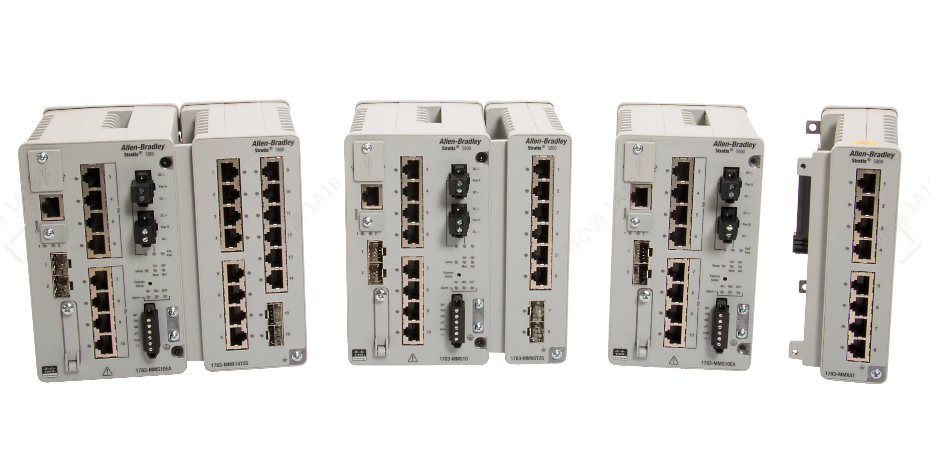
Introducing the GE Industrial Model: Powering the Future of Automation
When it comes to industrial automation, GE stands at the forefront of innovation and reliability. The GE Industrial model embodies the brand's commitment to delivering high-performance solutions that meet the rigorous demands of modern industries. This product not only enhances operational efficiency but also ensures seamless integration within existing systems, making it an essential choice for businesses looking to upgrade their automation capabilities.
Key Technical Features
The GE Industrial model is engineered with cutting-edge technology that ensures robust performance. Key features include:
1. **High Processing Power**: With advanced processors that support complex computations and data handling, the GE Industrial model accelerates decision-making processes and improves overall system responsiveness.
2. **Versatile Connectivity**: Equipped with multiple communication protocols, this model facilitates seamless integration with other GE automation products and third-party systems, ensuring that your operations remain interconnected and efficient.
3. **Scalability**: The GE Industrial model is designed to grow with your business needs. Its modular architecture allows for easy upgrades and expansions, making it ideal for both small and large-scale operations.
4. **Enhanced Reliability**: Built with industrial-grade components, this model is engineered to withstand harsh environments, including extreme temperatures, vibrations, and electrical noise, ensuring consistent performance in demanding conditions.
5. **User-Friendly Interface**: The intuitive interface simplifies user interactions, reducing training time and allowing operators to focus on core tasks rather than troubleshooting complex systems.
Usage Scenarios
The GE Industrial model shines in various industrial settings, making it a versatile choice for numerous applications. Here are some scenarios where this model can be effectively utilized:
1. **Manufacturing Automation**: In factories, the GE Industrial model can manage production lines, monitor machine performance, and optimize resource allocation, ultimately driving down costs and increasing throughput.
2. **Process Control**: For industries like oil and gas, chemicals, and pharmaceuticals, this model can oversee complex processes, ensuring that every stage runs smoothly while maintaining compliance with safety regulations.
3. **Energy Management**: In energy production facilities, the GE Industrial model can monitor and control energy consumption, helping businesses reduce their carbon footprint while maximizing efficiency.
4. **Transportation Systems**: Railways and road transport sectors can leverage the GE Industrial model for traffic management systems, ensuring smooth operations and enhancing safety protocols.
5. **Smart Buildings**: Integrating the GE Industrial model into building management systems allows for efficient climate control, lighting, and security systems, contributing to overall energy savings and improved occupant comfort.
Comparison with Other Models
While the GE Industrial model offers a comprehensive range of features, it is essential to compare it with existing models within the GE ecosystem to understand its unique advantages.
1. **GE SR750**: The SR750 focuses on high-speed data processing and is ideal for real-time applications, but may lack the modular scalability of the GE Industrial model.
2. **GE IC697MDL740**: This model is designed for specific automation tasks, but the GE Industrial model provides broader functionality, making it a more versatile choice for diverse applications.
3. **GE IS200DSFCG1AEB**: While this model excels in control applications, the GE Industrial model offers enhanced connectivity options, making it better suited for integrated environments.
4. **GE IC660BBA020**: Primarily designed for data acquisition, this model does not match the GE Industrial model’s scalability and processing capabilities for extensive operations.
5. **GE IS200DSPXH2DBD**: This model is tailored for specific control tasks, whereas the GE Industrial model provides a holistic solution that can adapt to various industrial needs.
6. **GE IS220PPDAH1A**: While focused on process control, this model does not offer the same level of versatility and integration as the GE Industrial model.
7. **GE IS200VTURH1BAC**: This model is suitable for specific applications, but its limited scalability makes the GE Industrial model a more future-proof investment.
8. **GE IC693APU301**: Designed for specific applications, this model may not provide the same level of performance across different sectors as the GE Industrial model.
9. **GE IC695CPE310-ABAH**: Although a robust model, it lacks the comprehensive user interface and connectivity features that the GE Industrial model boasts.
10. **GE DS200SVAAG1A**: This model is effective for discrete applications, but the GE Industrial model's versatility makes it a more suitable fit for complex industrial environments.
Reference to Related Models
When considering the GE Industrial model, it’s helpful to keep in mind other related models in the GE family that complement its features:
– GE SR750
– GE IC697MDL740
– GE IS200DSFCG1AEB
– GE IC660BBA020
– GE DS200DDTBG2A
– GE IS200DSPXH2DBD
– GE ALG
– GE IS220PPDAH1A
– GE IS200VTURH1BAC
– GE IC695CPE310-ABAH
These models represent a spectrum of capabilities within GE’s automation offerings, allowing businesses to customize their automation solutions based on specific needs and industry demands.
In conclusion, the GE Industrial model stands as a formidable option for businesses seeking to enhance their automation strategies. With its state-of-the-art features, versatile applications, and scalability, it not only meets the current demands of industrial automation but also positions organizations for future growth and adaptation in an ever-evolving technological landscape. Choose the GE Industrial model and experience the power of advanced automation products that drive efficiency, reliability, and success in your operations.
The above parameters are for reference only. Please contact our technical team for precise selection.
When it comes to industrial automation, GE stands at the forefront of innovation and reliability. The GE Industrial model embodies the brand's commitment to delivering high-performance solutions that meet the rigorous demands of modern industries. This product not only enhances operational efficiency but also ensures seamless integration within existing systems, making it an essential choice for businesses looking to upgrade their automation capabilities.
Key Technical Features
The GE Industrial model is engineered with cutting-edge technology that ensures robust performance. Key features include:
1. **High Processing Power**: With advanced processors that support complex computations and data handling, the GE Industrial model accelerates decision-making processes and improves overall system responsiveness.
2. **Versatile Connectivity**: Equipped with multiple communication protocols, this model facilitates seamless integration with other GE automation products and third-party systems, ensuring that your operations remain interconnected and efficient.
3. **Scalability**: The GE Industrial model is designed to grow with your business needs. Its modular architecture allows for easy upgrades and expansions, making it ideal for both small and large-scale operations.
4. **Enhanced Reliability**: Built with industrial-grade components, this model is engineered to withstand harsh environments, including extreme temperatures, vibrations, and electrical noise, ensuring consistent performance in demanding conditions.
5. **User-Friendly Interface**: The intuitive interface simplifies user interactions, reducing training time and allowing operators to focus on core tasks rather than troubleshooting complex systems.
Usage Scenarios
The GE Industrial model shines in various industrial settings, making it a versatile choice for numerous applications. Here are some scenarios where this model can be effectively utilized:
1. **Manufacturing Automation**: In factories, the GE Industrial model can manage production lines, monitor machine performance, and optimize resource allocation, ultimately driving down costs and increasing throughput.
2. **Process Control**: For industries like oil and gas, chemicals, and pharmaceuticals, this model can oversee complex processes, ensuring that every stage runs smoothly while maintaining compliance with safety regulations.
3. **Energy Management**: In energy production facilities, the GE Industrial model can monitor and control energy consumption, helping businesses reduce their carbon footprint while maximizing efficiency.
4. **Transportation Systems**: Railways and road transport sectors can leverage the GE Industrial model for traffic management systems, ensuring smooth operations and enhancing safety protocols.
5. **Smart Buildings**: Integrating the GE Industrial model into building management systems allows for efficient climate control, lighting, and security systems, contributing to overall energy savings and improved occupant comfort.
Comparison with Other Models
While the GE Industrial model offers a comprehensive range of features, it is essential to compare it with existing models within the GE ecosystem to understand its unique advantages.
1. **GE SR750**: The SR750 focuses on high-speed data processing and is ideal for real-time applications, but may lack the modular scalability of the GE Industrial model.
2. **GE IC697MDL740**: This model is designed for specific automation tasks, but the GE Industrial model provides broader functionality, making it a more versatile choice for diverse applications.
3. **GE IS200DSFCG1AEB**: While this model excels in control applications, the GE Industrial model offers enhanced connectivity options, making it better suited for integrated environments.
4. **GE IC660BBA020**: Primarily designed for data acquisition, this model does not match the GE Industrial model’s scalability and processing capabilities for extensive operations.
5. **GE IS200DSPXH2DBD**: This model is tailored for specific control tasks, whereas the GE Industrial model provides a holistic solution that can adapt to various industrial needs.
6. **GE IS220PPDAH1A**: While focused on process control, this model does not offer the same level of versatility and integration as the GE Industrial model.
7. **GE IS200VTURH1BAC**: This model is suitable for specific applications, but its limited scalability makes the GE Industrial model a more future-proof investment.
8. **GE IC693APU301**: Designed for specific applications, this model may not provide the same level of performance across different sectors as the GE Industrial model.
9. **GE IC695CPE310-ABAH**: Although a robust model, it lacks the comprehensive user interface and connectivity features that the GE Industrial model boasts.
10. **GE DS200SVAAG1A**: This model is effective for discrete applications, but the GE Industrial model's versatility makes it a more suitable fit for complex industrial environments.
Reference to Related Models
When considering the GE Industrial model, it’s helpful to keep in mind other related models in the GE family that complement its features:
– GE SR750
– GE IC697MDL740
– GE IS200DSFCG1AEB
– GE IC660BBA020
– GE DS200DDTBG2A
– GE IS200DSPXH2DBD
– GE ALG
– GE IS220PPDAH1A
– GE IS200VTURH1BAC
– GE IC695CPE310-ABAH
These models represent a spectrum of capabilities within GE’s automation offerings, allowing businesses to customize their automation solutions based on specific needs and industry demands.
In conclusion, the GE Industrial model stands as a formidable option for businesses seeking to enhance their automation strategies. With its state-of-the-art features, versatile applications, and scalability, it not only meets the current demands of industrial automation but also positions organizations for future growth and adaptation in an ever-evolving technological landscape. Choose the GE Industrial model and experience the power of advanced automation products that drive efficiency, reliability, and success in your operations.
The above parameters are for reference only. Please contact our technical team for precise selection.



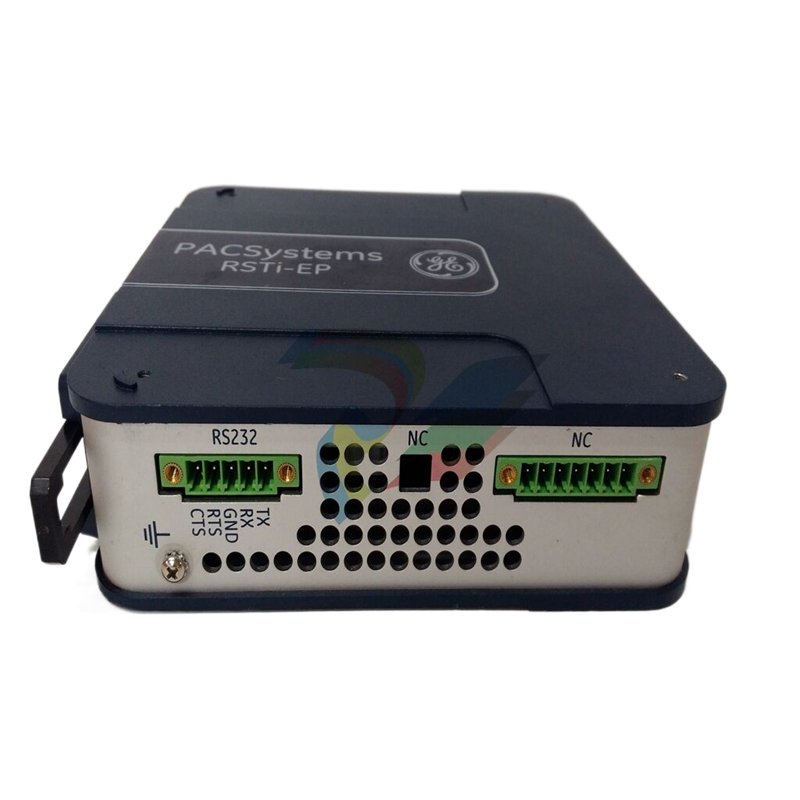
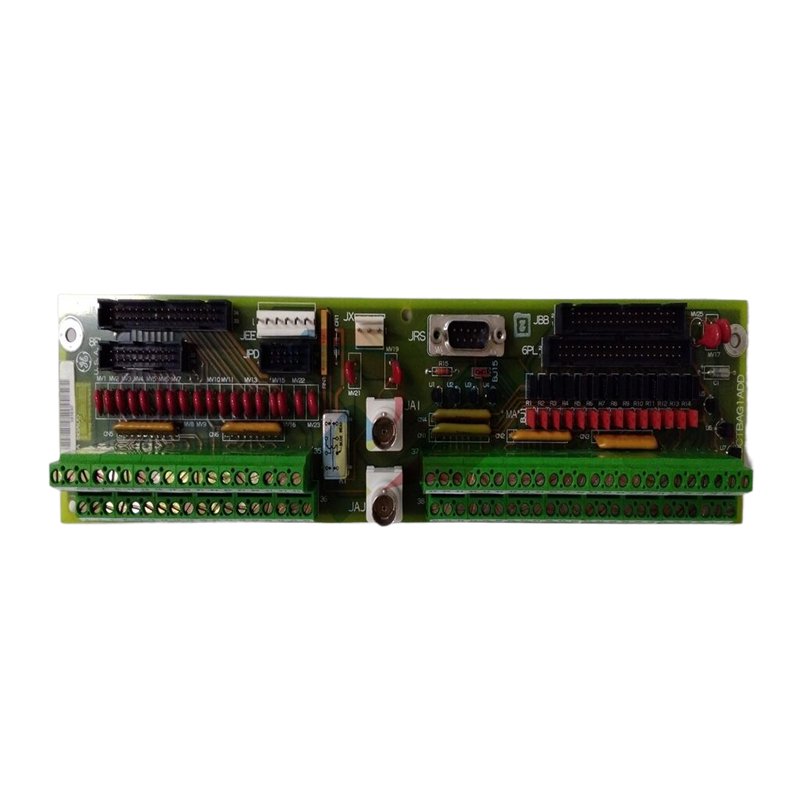




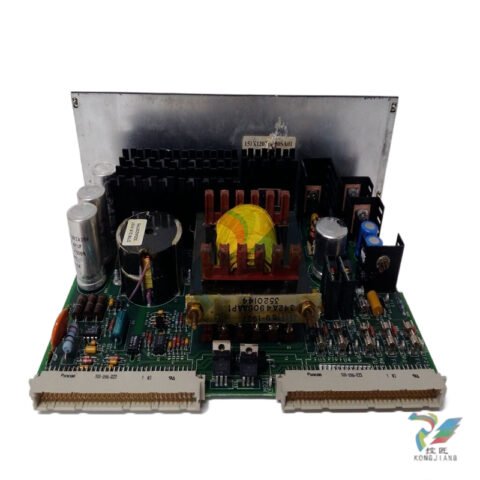





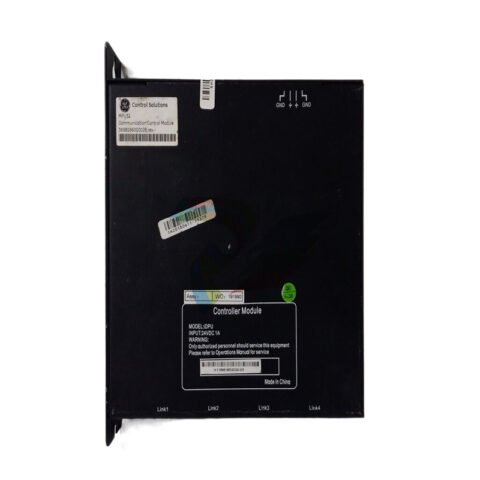
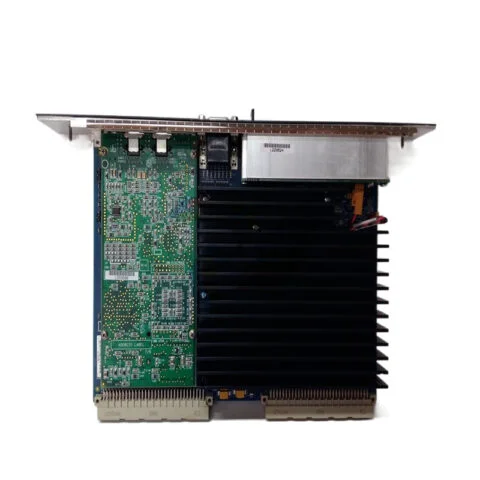
There are no reviews yet.